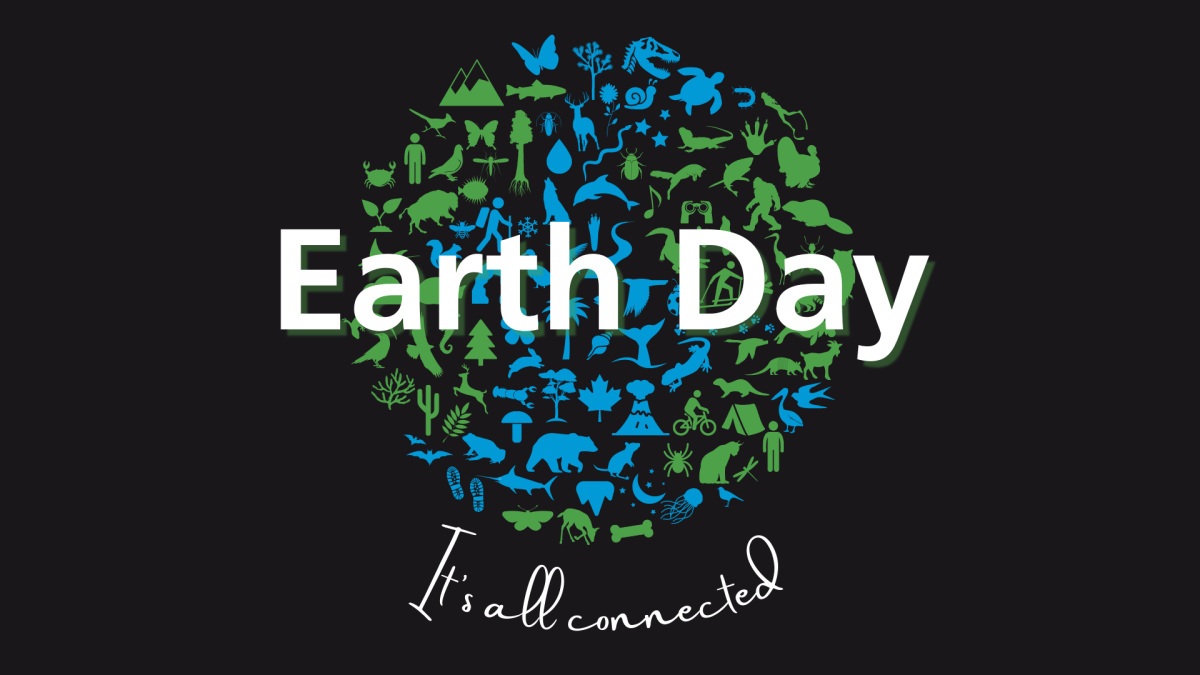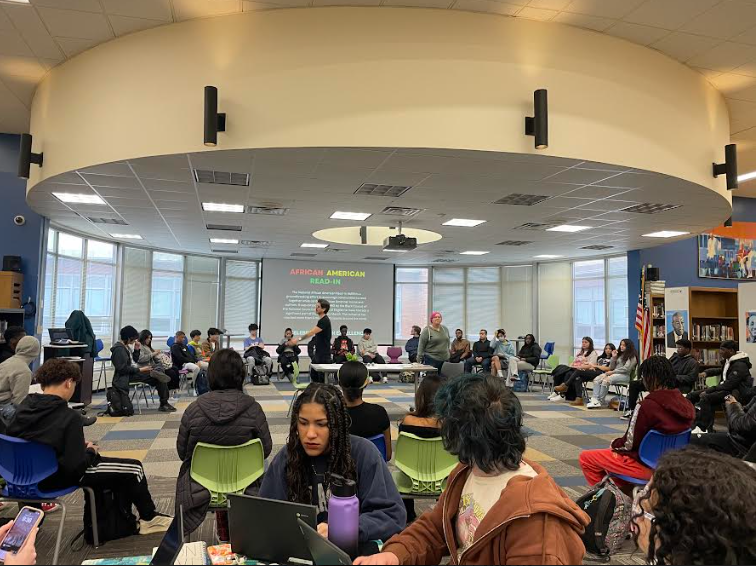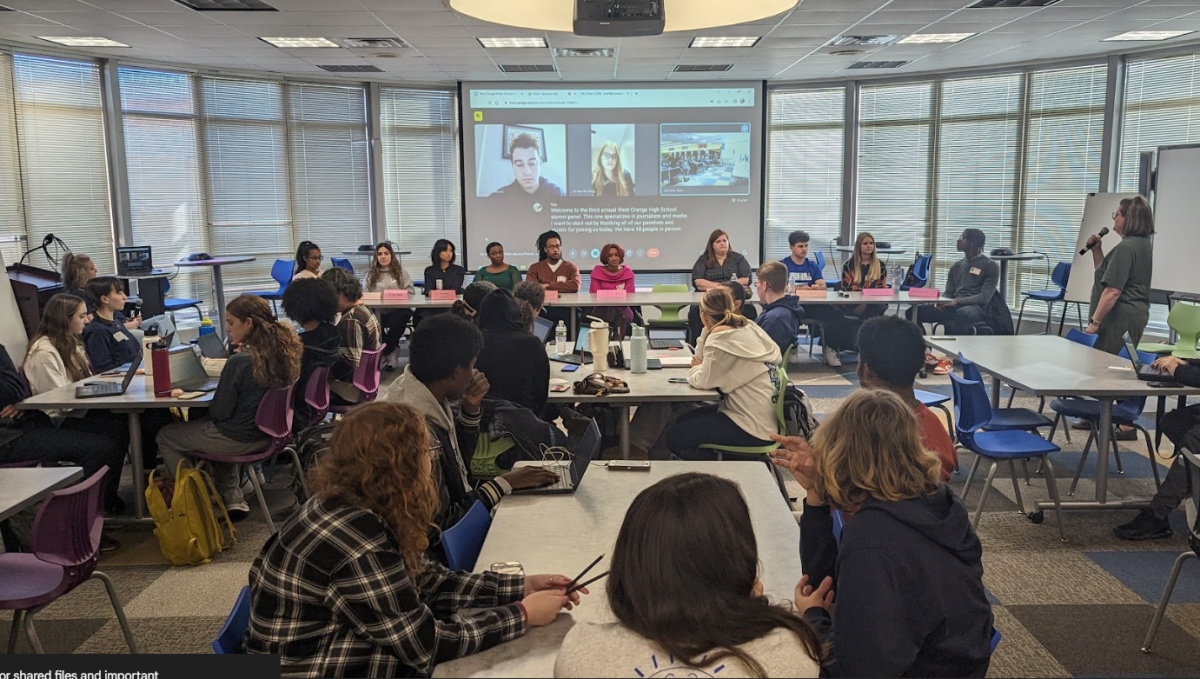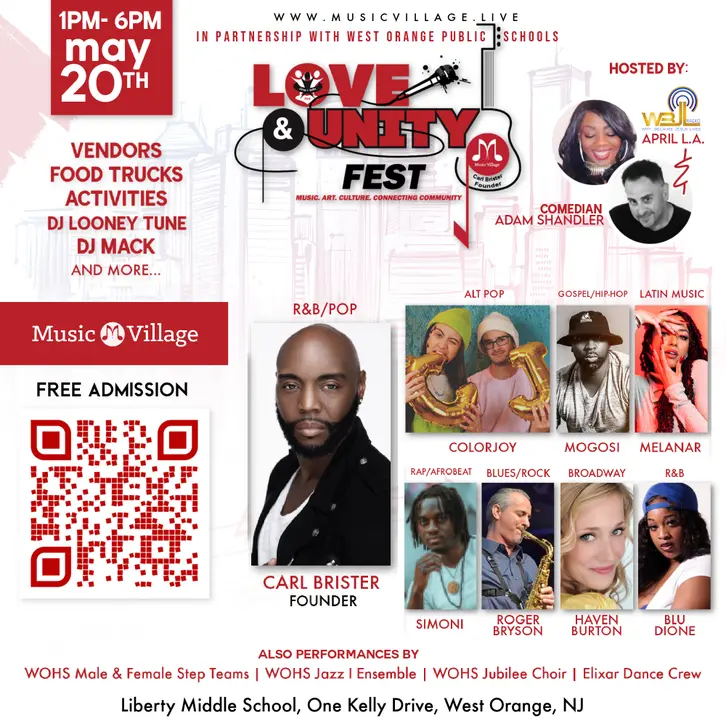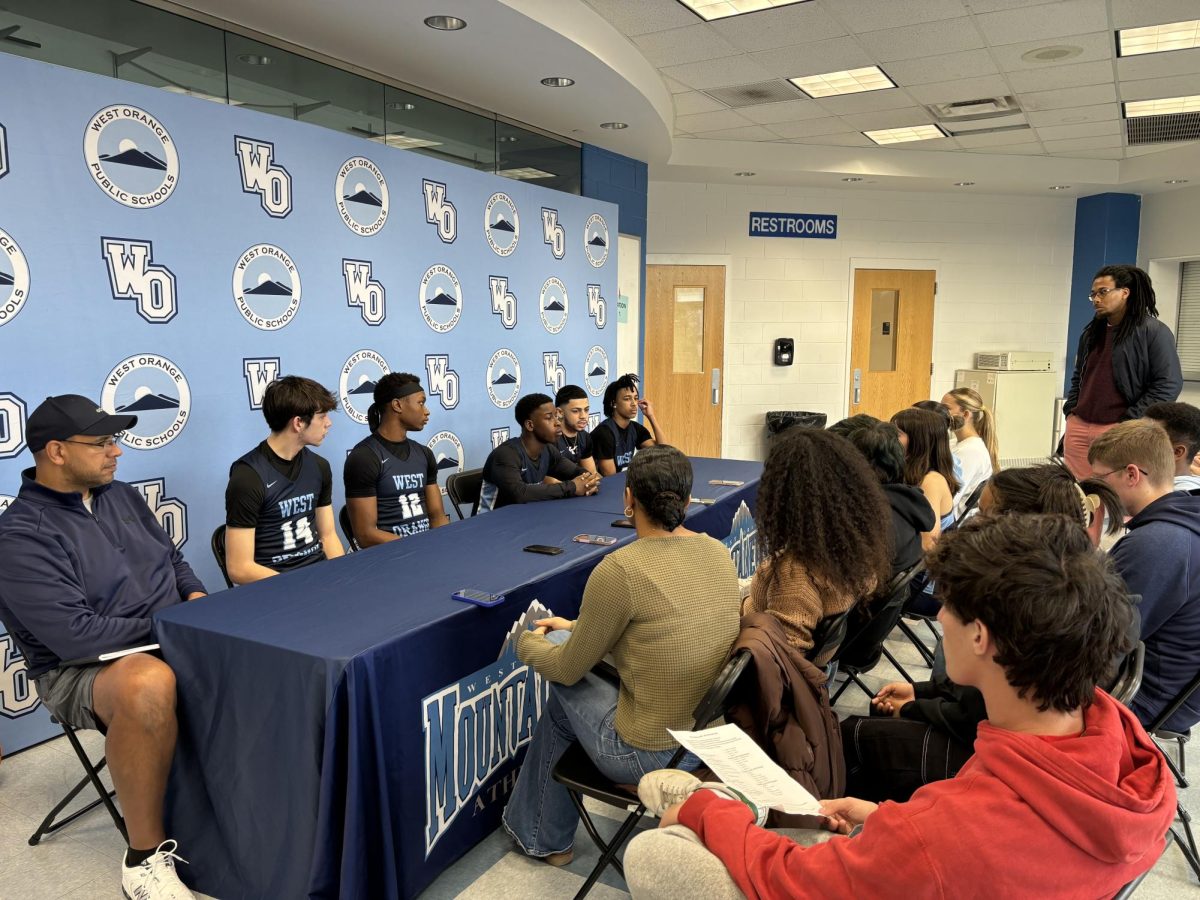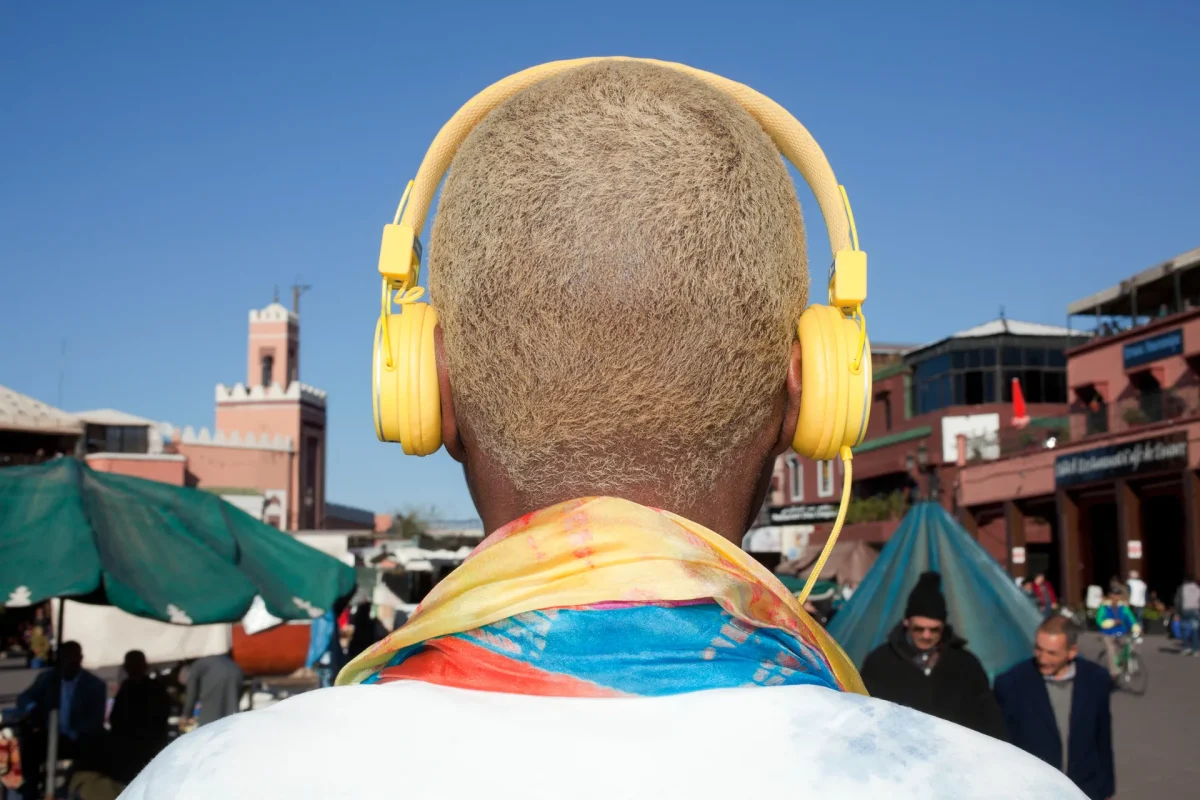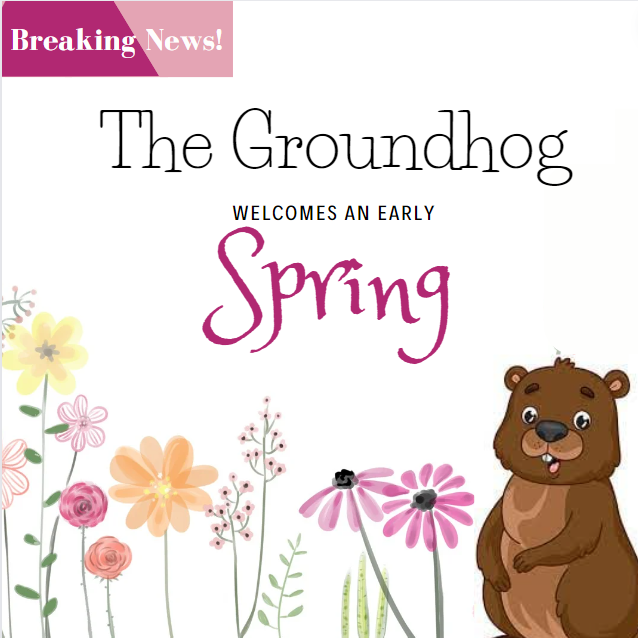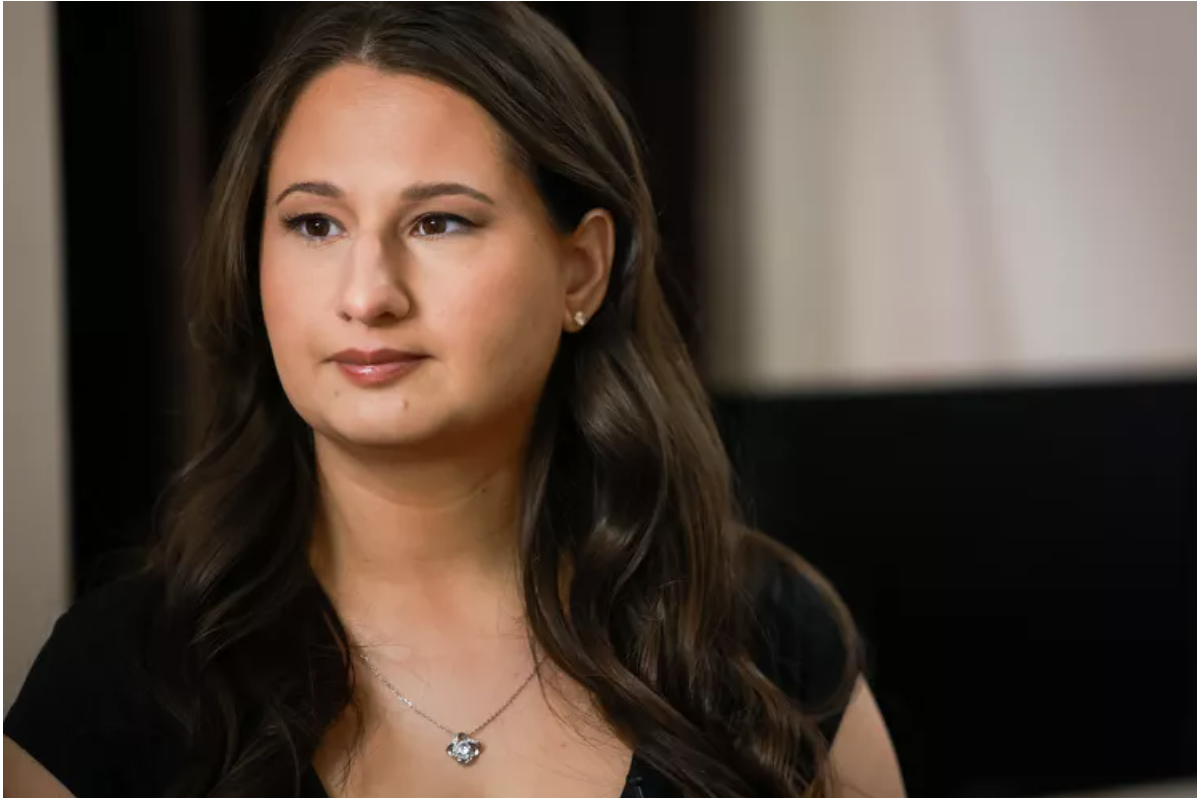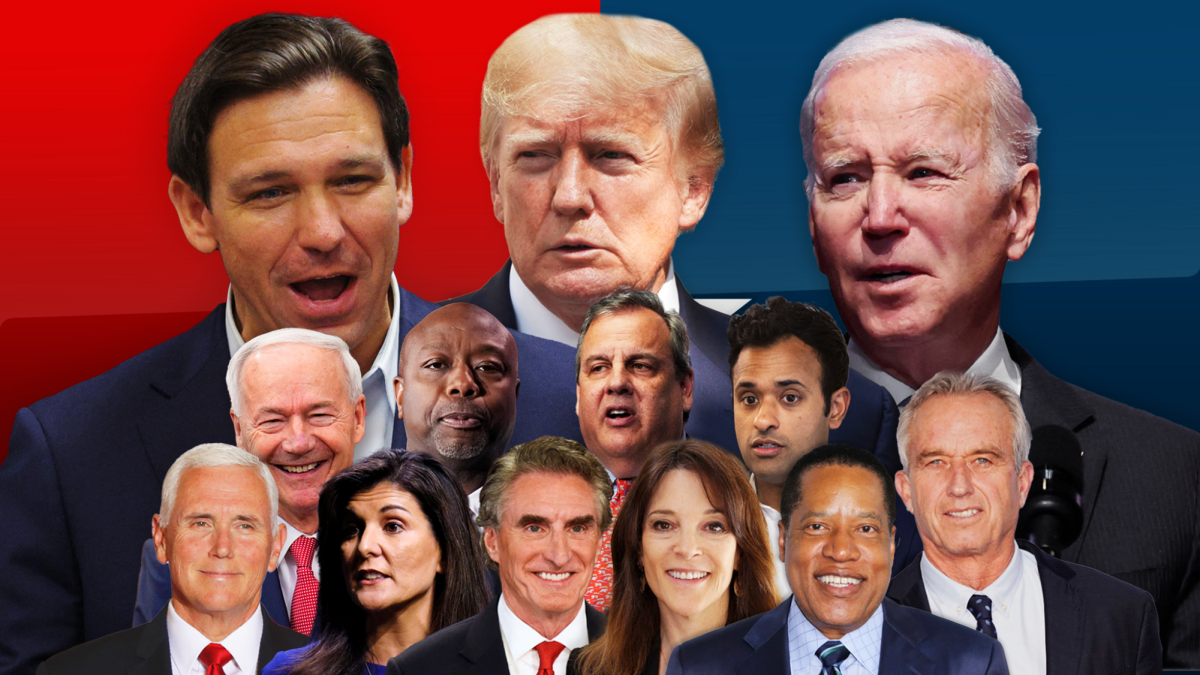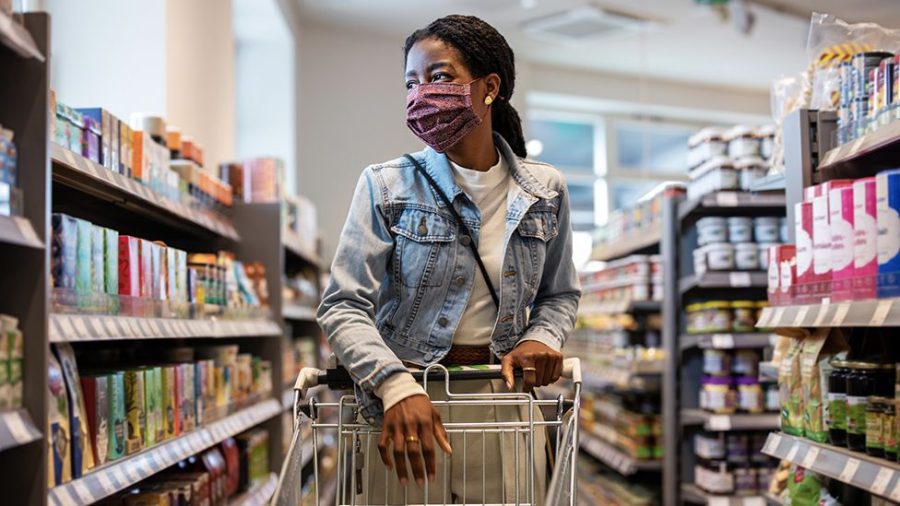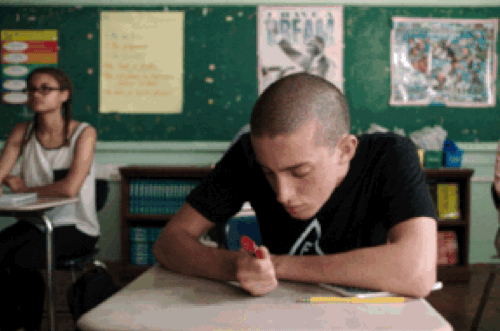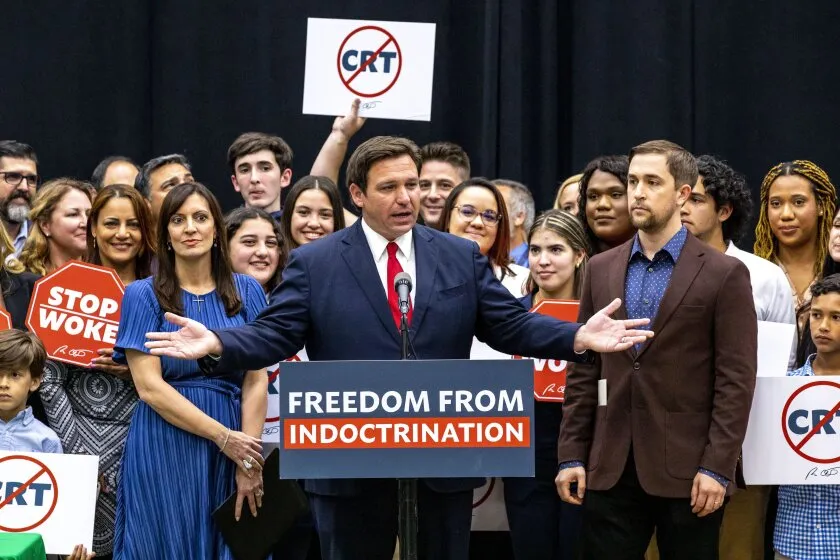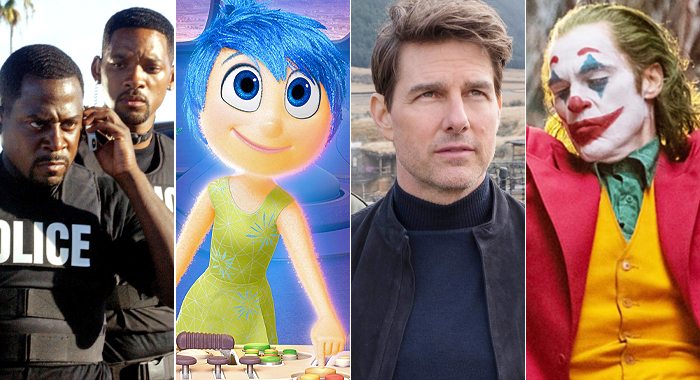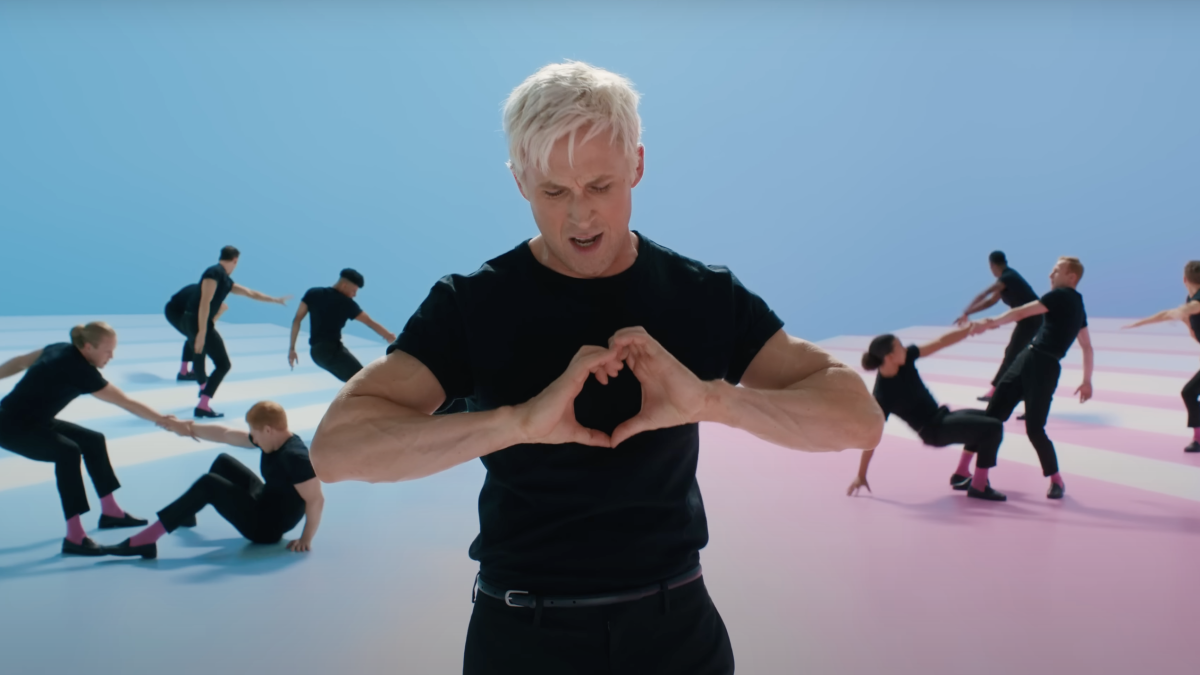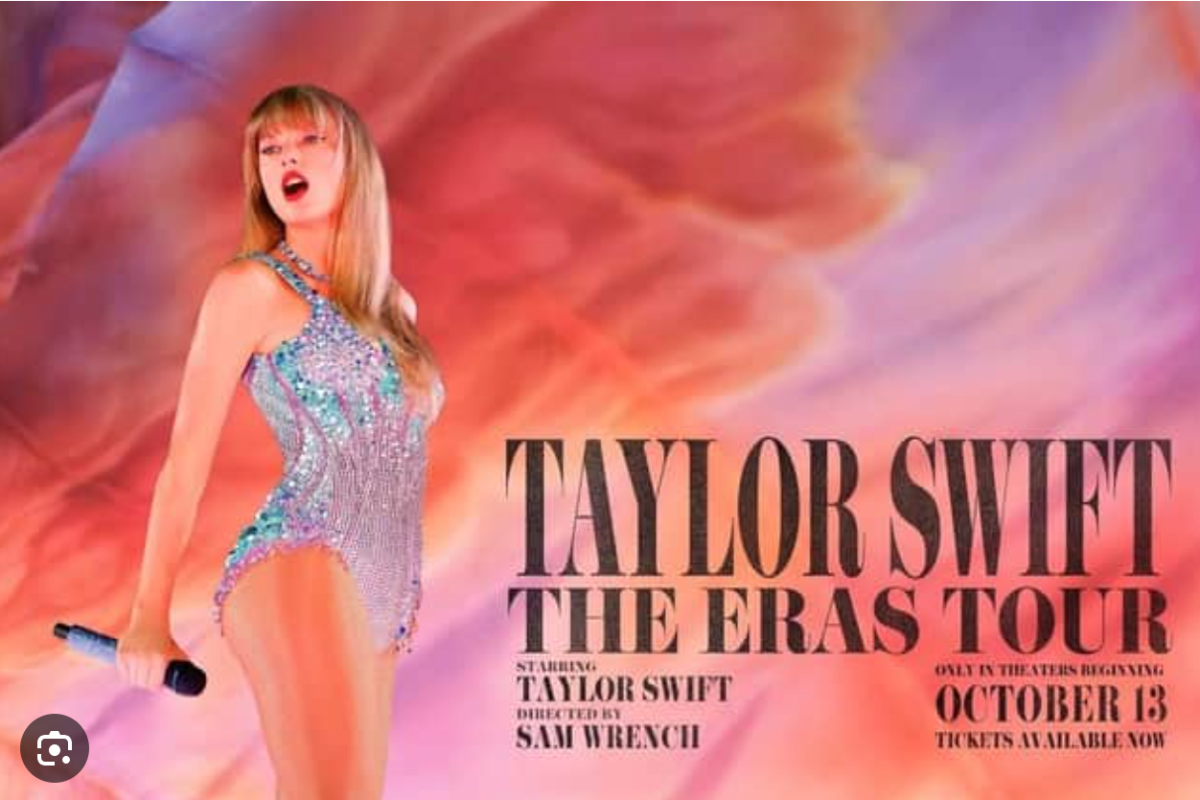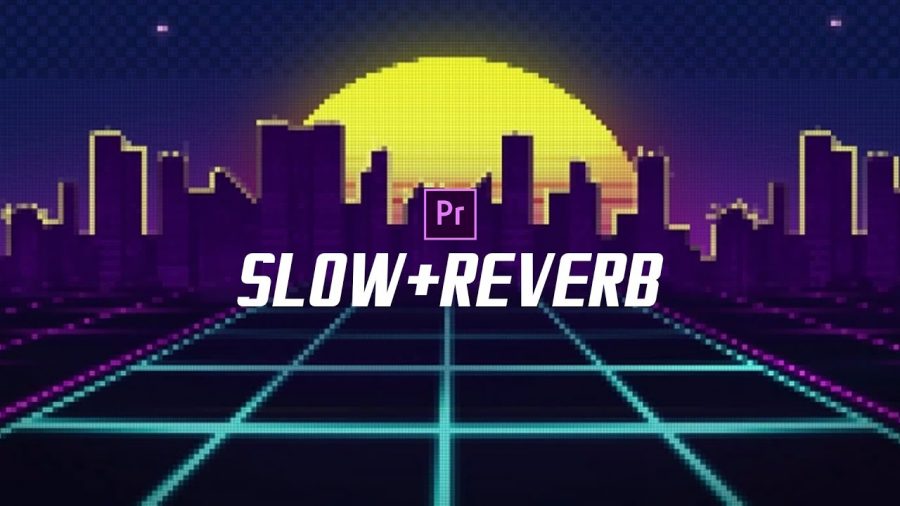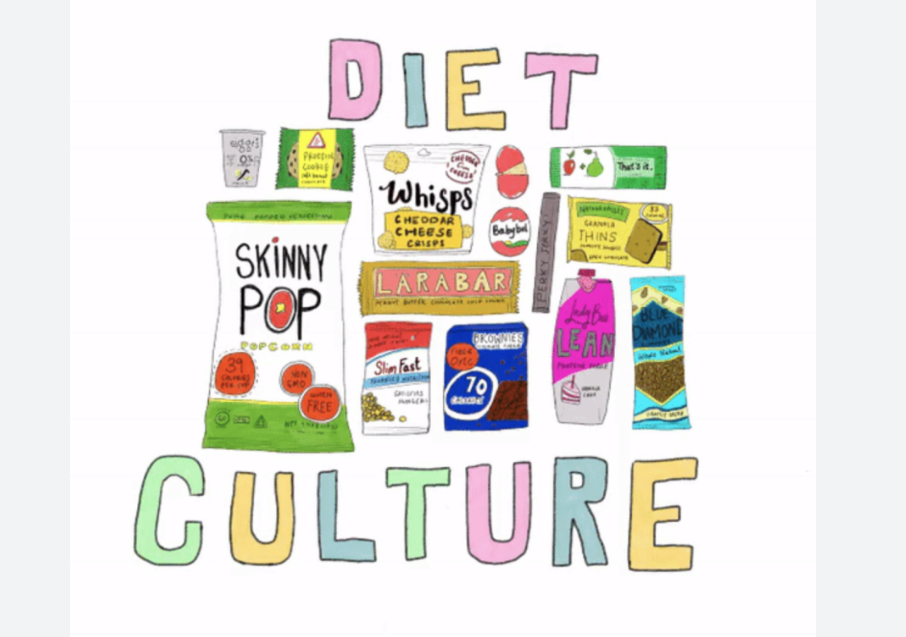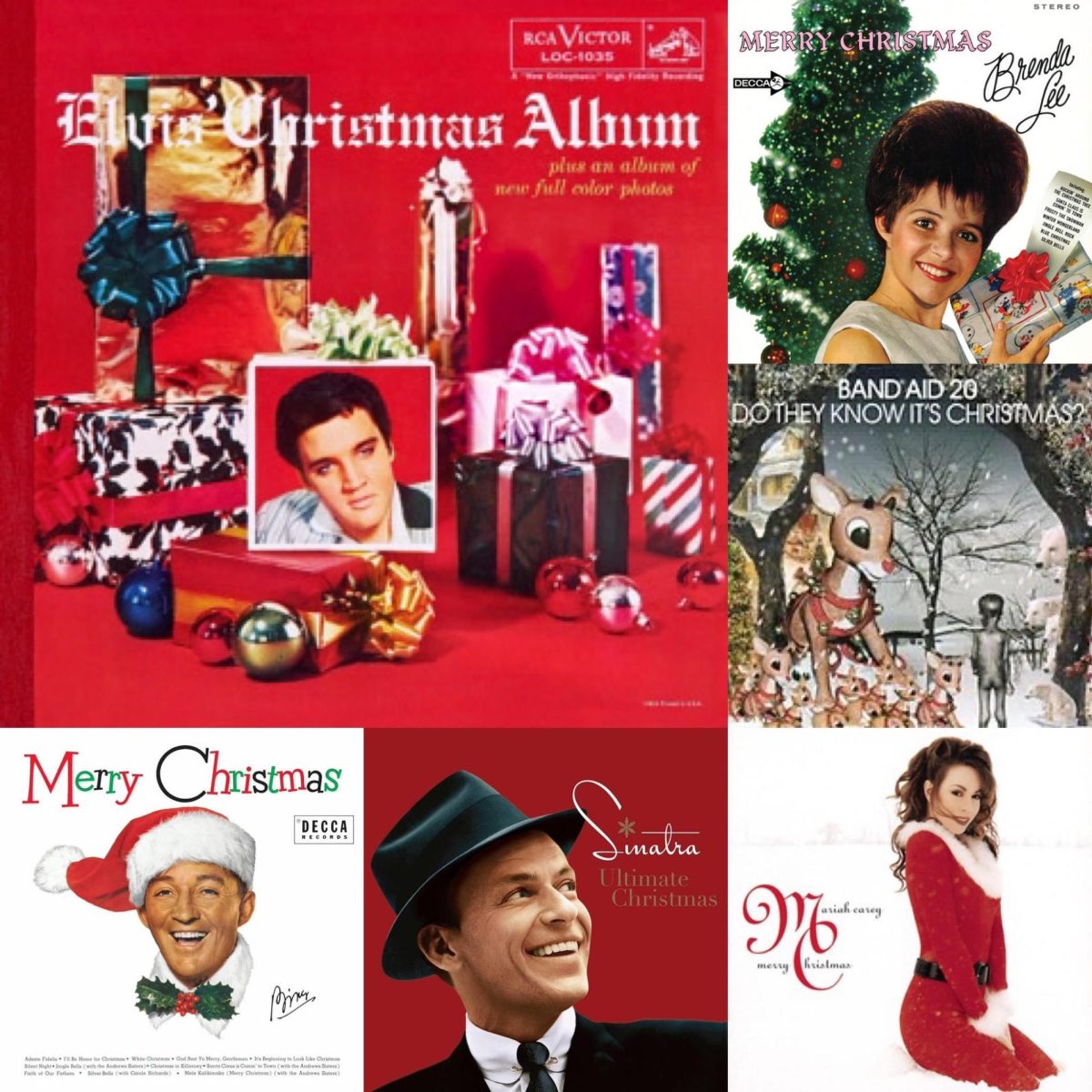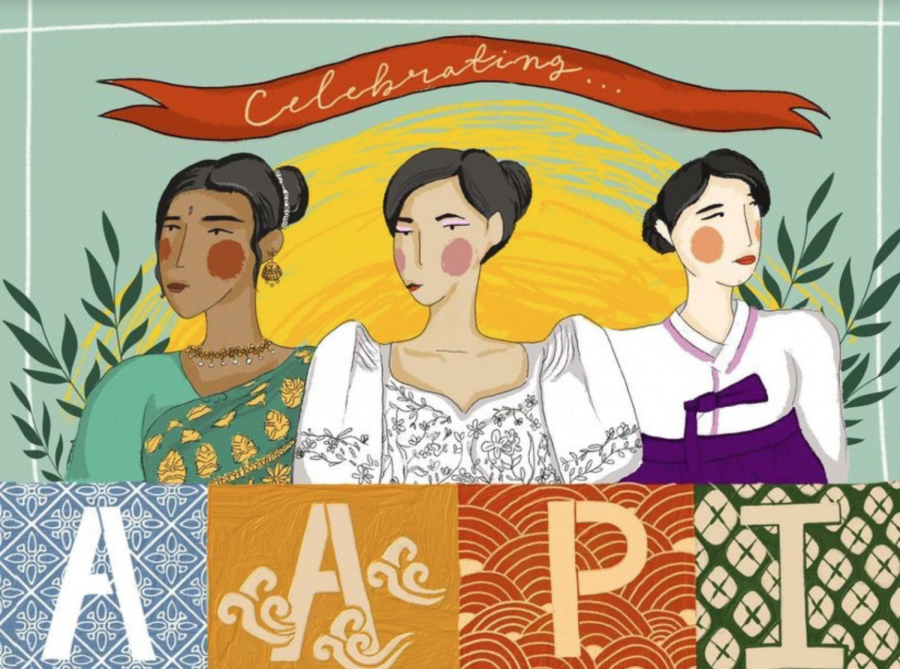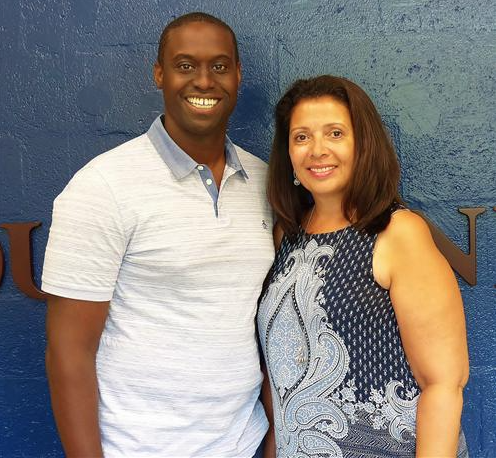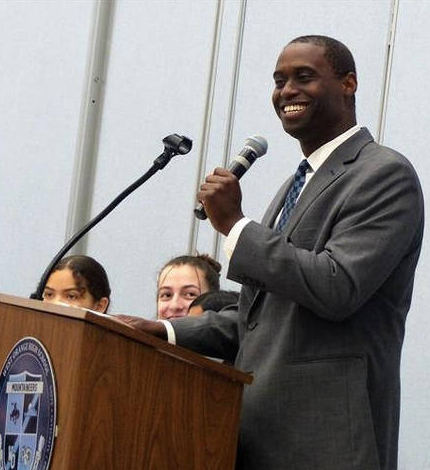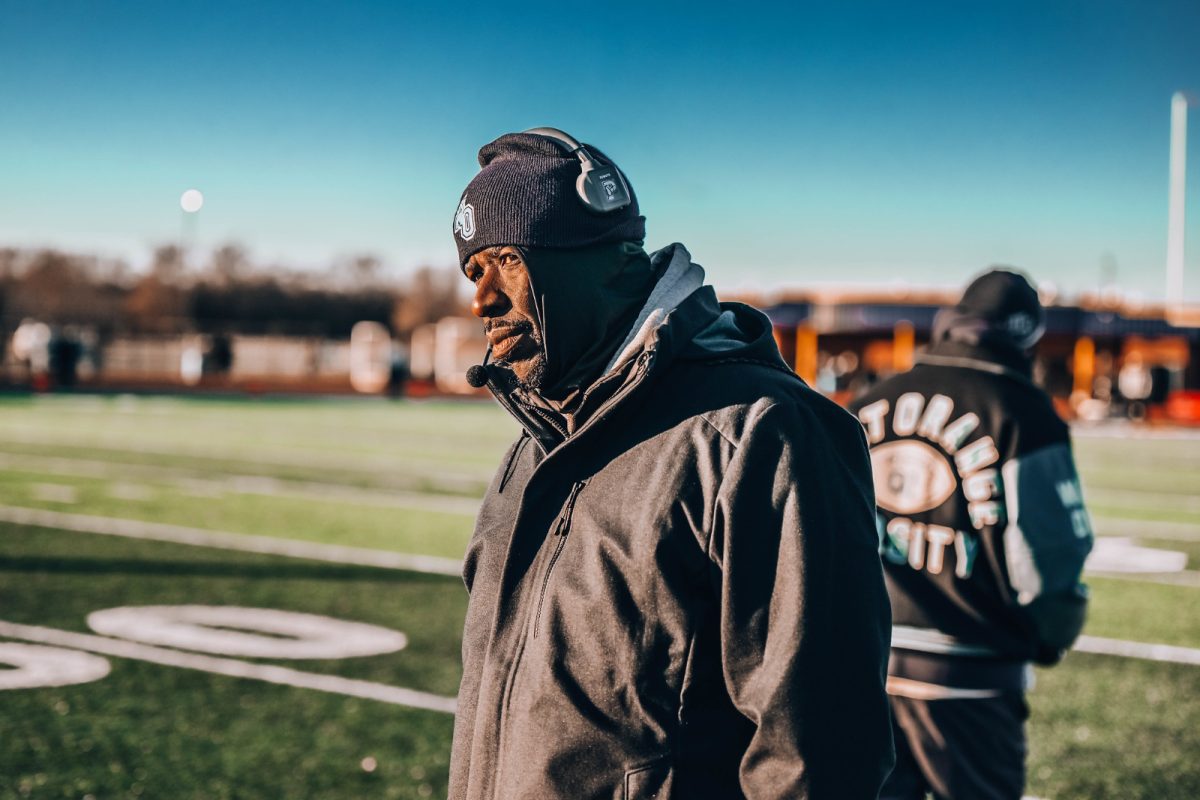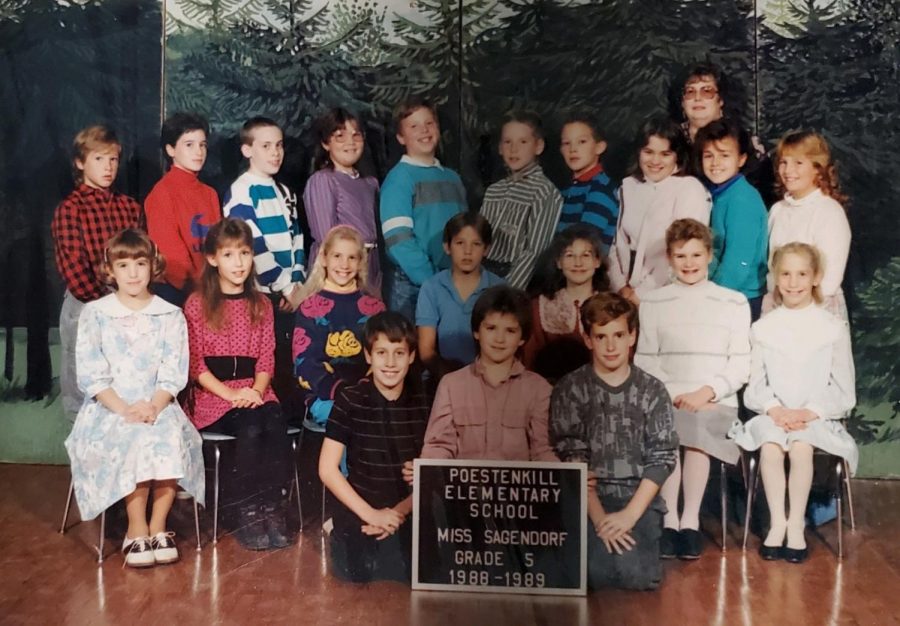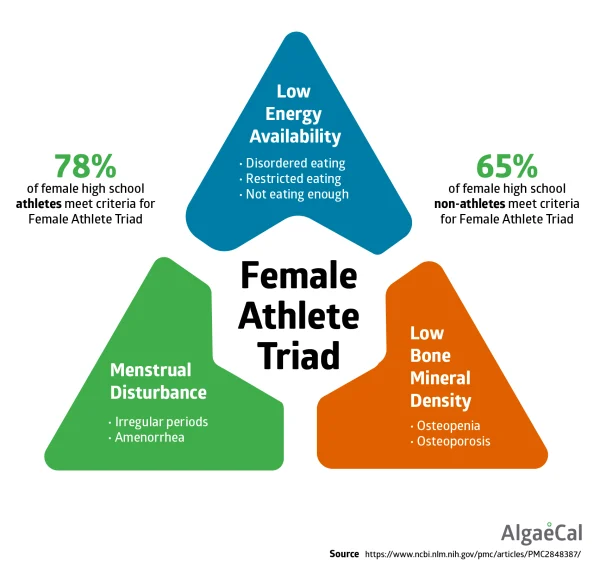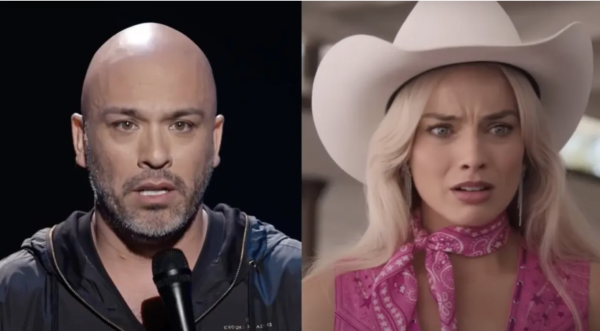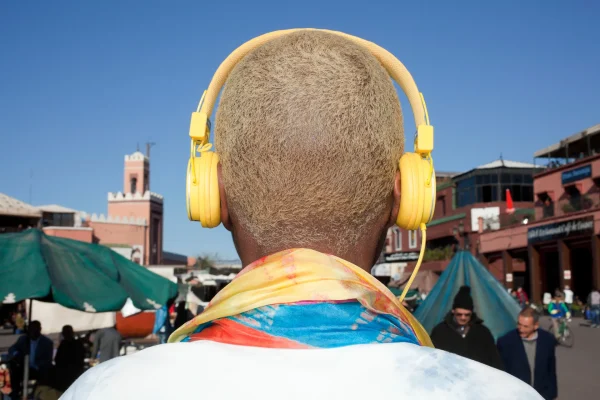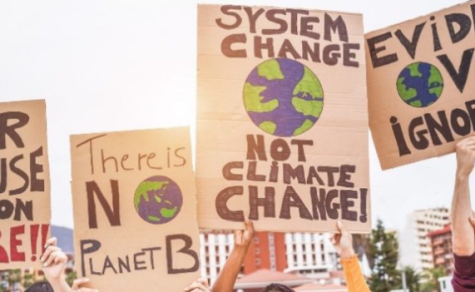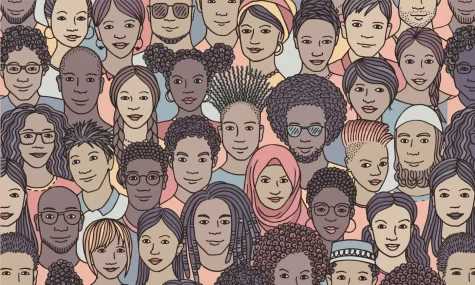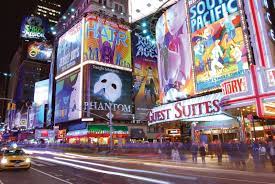Ignorance is a Choice, Innocence is Not
A white mother feels her heart warm as her 5 year old son tells her about his new best friend. They have been friends since preschool and were elated to meet each other again in Kindergarten.
With wide innocent eyes, her son says that his friend has short hair, brown eyes and a nice smile. The very last thing that her son describes is that his friend has brown skin. The mother wishes she could hold on to this moment of innocence forever as her son had no recognition of race or racial bias.
It is idealistic to imagine a society where race is not openly acknowledged or seen as a barrier for friendships. But, unfortunately when racism is such a rampant source of many societal problems, it is more harmful than helpful to adopt a “colorblind” mindset.
Ignorance can quickly stem from innocence when you try to shield younger people from seeing the horror of racism in the country. Saying that you don’t see color, or that the human race is the only race can easily be interpreted as an inability to see racism, which essentially is ignorance by choice.
It can be uncomfortable to think about race and the role that it has on society. Before Ms. Dahl told me the story about her son’s new friend, I never considered how much of a challenge it could be for white people to openly discuss the problems regarding race in America. I could see how she wanted to be politically correct, dancing around the word black and instead saying the word African American. I did not feel offended, but rather I understood why she made this choice.
We live in a society where being politically correct is the safest option to avoid being called ignorant, or racist. Yet the terms in which what makes a person politically correct are often blurred. This ultimately makes it difficult for white people to articulate which words are acceptable and unacceptable to use around minority groups.
Taking the term “people of color” for example, which refers to people who are not white, some people oppose this term because it appears to merge various groups of people together who may not share the same experiences or hardships of one another.
Considering the confusing criteria of a politically correct person, some people often resort to colorblindness to ignore the issue of race all together, and to see people for their humanity rather than the experiences that race brings into the picture. But wanting to become colorblind simply because discussing racism is too uncomfortable is not an efficient way to combat the sensitive nature of our society.
We have to be comfortable with asking questions in order to fight shy of homegrown ignorance that may occur because of one’s environment. It is then that we will be on the road to progress in America.
We all have the potential to break free from ignorance, and it starts with a choice.
Ms. Dahl couldn’t control the fact that she grew up in a white neighborhood, nor could she control the fact that if a black man went hitchhiking in her town, her family would be the only family willing to help him. But what she did have control over is what environment she would live in after her high school years.
By circumstance she grew up around 2 very slim depictions of black Americans: one being an all star athlete and the other having feeble aspirations to become a New York drug dealer. By choice, however, she sought higher education just north of the Bronx, a melting pot for so many cultures, in order to widen her slim depictions of America.
By choice, Ms. Dahl asked questions and the people around her answered them, not with contempt or with anger, but with an understanding. Along her journey of becoming educated about race in America, Ms. Dahl was surrounded by friends of various races who were considerate of her limited racial knowledge and taught her “the ways of the world” she had not interacted with at home.
It is just as equally important for white people to ask questions and educate themselves about race as it is important for people of color to be understanding and answer them carefully.
One of the biggest ways that Dahl became more educated was by accepting that humor is a great way to lessen the tensions between race relations. Poking fun at her rural upbringing, one friend helped incorporate a new “Street Word of the Week” into her vocabulary. Though this light hearted “Street Word of the Week” is no longer in action, it became a laughable aspect of their friendship that the two still carry on today on Facebook, using jokes as a way to connect.
Humor, when used appropriately, is always an potent way to make discussions about race less rigid. In the classroom, Dahl always finds new ways to interact with her students who are of various racial backgrounds – even if it means making fun of herself for using popular “Hallway” slang in the process.
We all grow up with a sense of innocence, and we can’t control the environment or the racial biases that we may grow up around as a child.
Ignorance, however, is a choice and the sooner people realize that, the easier it will be to combat racism.
